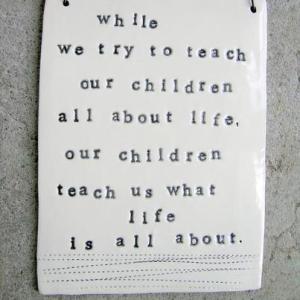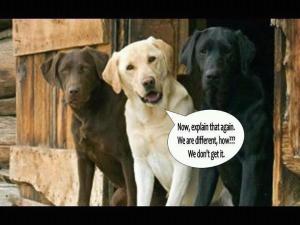No matter what he does, every person on earth plays a central role in the history of the world. And normally he doesn’t know it. (Paulo Coelho)
At a writers’ conference several years ago, I heard an agent or editor, don’t recall who it was, talk about how important it is to have a polished ready-to-go manuscript. She emphasized the necessity to find a unique approach, a fresh angle. A memoir that simply tells “my story” can’t cut it. However, I believe in tact. When a woman wrote the story of her ordeal surviving breast cancer, this professional bluntly told the woman it did not stand out. It added nothing. In essence it was no different than anything already written. The writer broke down in tears. Perhaps that one-on-one rejection could have come with constructive criticism instead of an ax. But I don’t read so-so manuscripts all day long. I only edit my own groaners.
Writing is a tough business. I write anyway, whether I make a lot of money or not. I’m addicted. When one small group of folk told me I had touched their lives with my words I felt honored. That doesn’t mean I don’t have goals. I want to write well. But, if I don’t touch hearts, I have failed by writing only fancy words.
Occasionally I also write songs. These are always positive and have a limited audience. When a friend shared a story about a 96-year-old man named Fred who wrote a song about his deceased wife, Lorraine, I was intrigued. He didn’t follow a single rule for the contest. He couldn’t sing or play an instrument. In fact he wrote that if he sang he would scare people. Yet the professionals who conducted the contest were touched by his sincerity, read his lyrics, and decided to record his song. It didn’t follow the guidelines for the contest, but it fit the requisites for the soul of a song.
Warnings appear on the YouTube clip to keep tissues close by, and don’t watch if you don’t want anyone to know you have working tear ducts. (Well, that’s not a direct quote, but it gives a clear enough notion.) http://twentytwowords.com/2013/08/26/widower-submits-a-song-about-his-wife-of-73-years-to-a-songwriting-contest/
Since I have watched the video, several times now, I find myself humming “Sweet Lorraine.” My son gave me a gift card for iTunes. This sounds like a good place to use it.
In the meantime I celebrate an out-of-the-box success. The video has gone viral. The words don’t suggest that there was anything different about Fred and Lorraine. They lived an ordinary life. Well. But, they did it for 73 years. And that is tougher than facing a hard-nosed publishing world with a few pages of printed words.
Kudos to Green Shoe Studios! You found the treasure because you could broaden your vision. Thanks.
Fred hears his words come to life in song.




